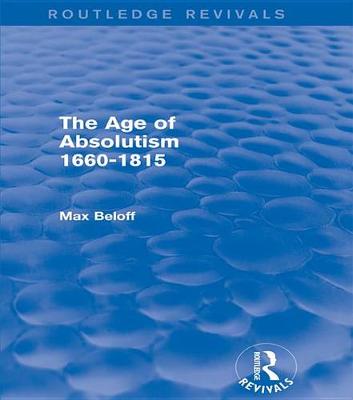Routledge Revivals
3 total works
Originally published in 1961, this is an extremely valuable contribution to the understanding of contemporary international institutions and the working of the British system of government. It deals with the problems presented to British Government Departments by the emergence in the post-war world of a number of new international organisations which are concerned with European recovery and integration and with the development of the Atlantic Community of Nations.
This book traces the British share in the creation of the Council of Europe, OEC, NATO, and WEU, and deals with the relations between Britain and the Coal and Steel Community, the Common Market and Euratom.
Finally, the book assesses the impact of these activities upon the government at home and the extent to which the public appreciates the change in Britain's international status that has resulted from these developments.
This re-issued work, first published in 1959, is a collection of essays by British historian Max Beloff, designed to help us to understand and interpret the political problems of the twentieth century. The essays are divided into three key areas: the challenges and limitations of interpretation from a historian's perspective, the appropriate scale for political activity and organisation in the modern world, and the emergence of the United States of America as the most powerful nation on the planet.
The end of eighteenth century is often regarded as the watershed between the feudal Europe of the Middle Ages and the modern Europe of the nineteenth century and beyond. The chronology covered in this title, first published in 1954, is vast, but covers an intellectually stimulating and exciting period of European history. The pinnacle of absolute monarchy is cemented in Louis XIV’s France, eventually giving way to reform and revolution; the Russian Empire becomes an important player on the Western stage under Peter I and Catherine the Great; America achieves independence; and, the ideas of the Enlightenment begin to change the intellectual and religious landscape. Max Beloff analyses the period in fascinating detail in a now reissued title that will be of particular interest to students of Early Modern History, Politics and European diplomacy.

